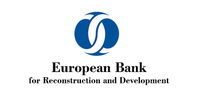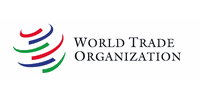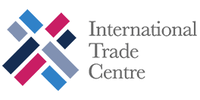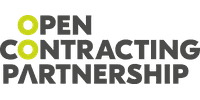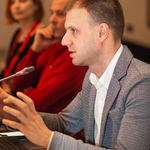Far from gender balance?
Women-led Businesses in Public Procurement Markets
Around the world, governments spend a large portion of their budgets buying goods and services from the private sector. Unequal access to these public resources by private entities is a relevant issue across the development spectrum. Existing literature on favouritism and corruption in public resource allocation finds that bias in access to public contracts has a significant impact on both the quality of procurement outcomes achieved and on economic well-being of the favoured vs. unfavoured groups. However, what is less understood is how gender of market participants relates to favouritism in public procurement.
For this reason, the EBRD Legal Transition Programme initiated a research to understand whether governments themselves amplify economic imbalances by public procurement regulations. If we assume, as existing literature suggests, that economic transactions in public procurement are deeply embedded in local political cultures, and that an unequal distribution of political power between men and women prevails in most economies, we expect that public procurement markets amplify inequalities in regions with already large gender gaps and where established men-dominated networks at the intersection of business and politics drive decision making.
In that regard, it is noted that tackling gender imbalances in decision-making positions in politics and business is part of the European Commission's agenda, and policies are being adopted to improve the current situation. These policies are backed by statistics on gender imbalance in managing positions of both public and private organizations. However, data on gender imbalances in the amount of public spending that flows to companies led or owned by men vs by women is missing, despite clear policy goals that have been set on the economic empowerment of women and the significant potential of public procurement to impact their achievement.
Objectives
The webinar will look at and provide first tentative answers with regard to empirical evidence on gender gaps in public procurement from a new perspective, exploring the following questions:
● What percentage of public procurement spending goes to women-run businesses? How does it compare to the general economy?
● How do gendered macro indicators correlate with gender composition of private sector management?
● How is the gender composition of company management boards associated with corruption risks in public procurement?
